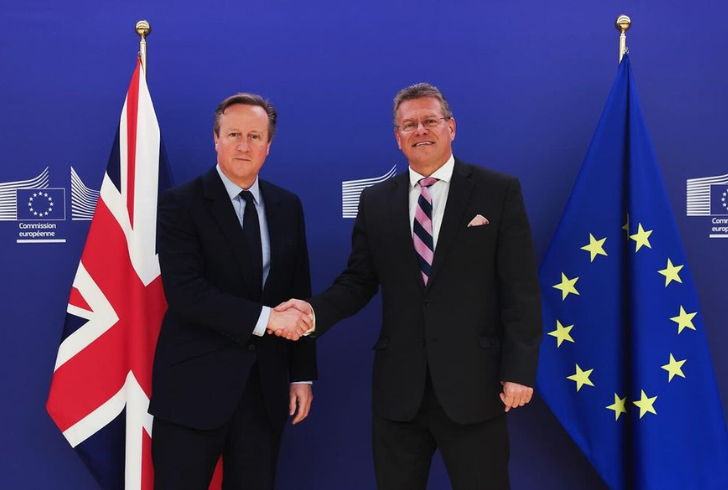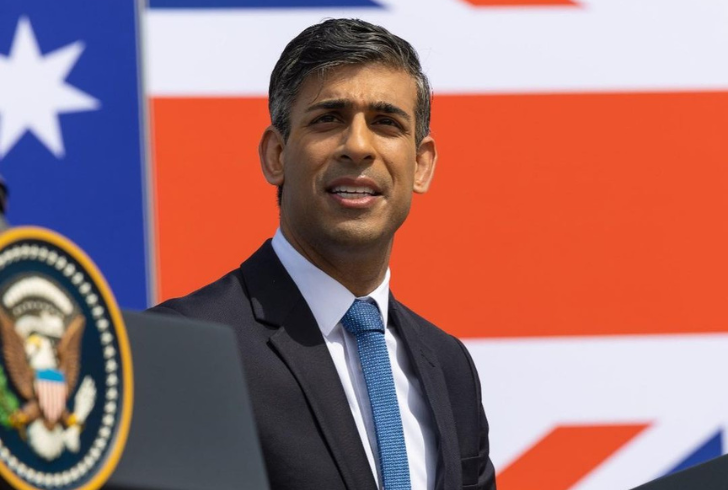The wind whispers through the bustling pubs of Manchester, carrying murmurs of discontent. In the dimly lit corners, pints clink against weary sighs, echoing the growing frustration with the state of Britain. Economic sluggishness clings to the nation like a damp fog, public services creak with strain, and scandals taint the air of Westminster. Yet, amidst the discontent, a question hangs heavy – what will a potential Labour government bring?
Recent polls paint a stark picture: a Labour Party riding a wave of public yearning for change, surging 18 points ahead of the floundering Tories. Even younger voters, disillusioned with the current state of affairs, seem poised to throw their weight behind the red rose. Is this merely a fleeting flicker of frustration, or the dawn of a Labour resurgence?
While whispers of a possible 2024 election grow louder, Prime Minister Sunak clings to the remnants of power. He may gamble on a low-turnout Friday election, hoping to dampen the enthusiasm of Labour-leaning youth. However, the party conference in October looms large, a potential harbinger of his fate. Should the internal Tory infighting intensify, Sunak's hold on leadership could crumble under the weight of rebellion.
But let's step into a hypothetical world where Labour triumphs. What challenges will they inherit, and what course will they steer the nation towards?
Reclaiming the Rule of Law and Rekindling Trust
Imagine a Labour government echoing Donald Tusk's early Polish tenure. A relentless focus on rooting out corruption and restoring the sanctity of institutions would likely take center stage.
The House of Lords, long mired in controversy, may face abolition, while electoral reform might find its way onto the agenda. Public inquiries into Tory misdeeds could become commonplace, a public catharsis to cleanse the tainted political landscape.
Beyond Brexit: Charting a New Course with Europe

Instagram | euinuk | A pragmatic, less antagonistic stance toward the EU may improve trade relations.
Labour cannot rewrite the Brexit tapestry, but they can mend its frayed edges. A more pragmatic and less antagonistic approach towards the EU could blossom, fostering smoother trade relations and collaboration on crucial issues like financial services and technological advancements. Military and security ties might even strengthen, solidifying the UK's place in the global security chessboard.
Rebuilding the Economy and Restoring Fairness
The road to economic recovery will be arduous, littered with the debris of Tory mismanagement. Reinvigorating social services, retooling them for the 21st century, and fostering a sense of equality across British society will be paramount. This may involve tax reform, potentially raising individual and corporate taxes to counteract Tory tax cuts, or even the introduction of a wealth tax.
Labour's economic policy might tilt towards a more state-driven model, utilizing "green gilts" to fund renewable energy infrastructure. Rachel Reeves, the shadow chancellor, could bring a Bidenesque brand of "fiscal discipline" to the table, steering clear of reckless spending sprees.
A Leader in a World of Uncertainties
Keir Starmer, however, faces a world fraught with complexities. Navigating the Israel-Palestine conflict, charting a course amidst the rising dragon of China, and managing relations with a potentially Trump-led United States will test his diplomatic mettle.
Yet, amidst the uncertainties, one thing remains clear: a Labour government would usher in a sea change in British politics. The days of unbridled individualism and laissez-faire economics might give way to a more collectivist and socially conscious approach. While the path ahead will be arduous, the promise of a fairer, more prosperous Britain might just lure weary voters towards the red rose.
And finally, a note of caution: the future remains unwritten. This is but a glimpse into one possible future, shaped by the delicate interplay of public sentiment, political machinations, and global events. Only time will tell whether Labour will indeed inherit the keys to Downing Street, and if they do, what kind of Britain they will forge in their image.



